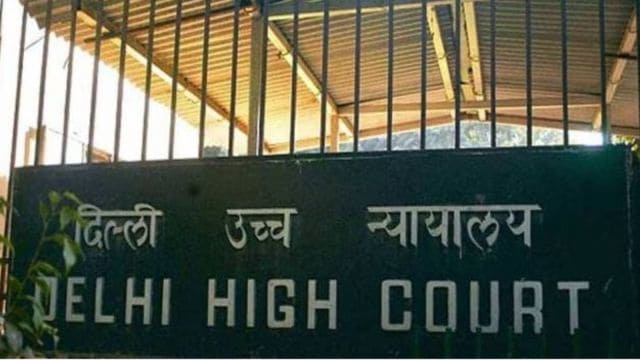Delhi HC quashes proceedings against ex-Canara Bank executive director accused of graft in 2018
CBI said Ashok Kumar Gupta was implicated as an accused as he was part of the Executive Director-Credit Approval Committee, which sanctioned the proposal for the loan.
 The court held that continuing the proceedings against him “would serve no useful purpose and would subject the petitioner to unwarranted harassment”. (File Photo)
The court held that continuing the proceedings against him “would serve no useful purpose and would subject the petitioner to unwarranted harassment”. (File Photo)The Delhi High Court quashed criminal proceedings initiated by CBI against a former executive director of Canara Bank accused of allegedly causing loss to the bank by sanctioning a loan proposal, and reiterated that the absence of specific incriminating evidence in collective institutional decision-making processes can’t be “construed as constituting criminal misconduct.”
Ashok Kumar Gupta, who retired as executive director of the bank in 2014, was arraigned as an accused for the first time in a chargesheet filed by the Central Bureau of Investigation in 2018 in relation to a case where a jewellery trading company, Occasion Silver Private Limited (OSPL) allegedly fraudulently obtained Rs 68 crore from the bank as loan in 2013 by misrepresenting its books, along with allegations of oversight by the bank’s officials.
While Gupta was not named as an accused in the CBI FIR lodged in January 2016, the agency had filed a chargesheet in 2018 against nine people for criminal conspiracy, cheating, as well as for offences under the Prevention of Corruption Act.
CBI said Gupta was implicated as an accused as he was part of the Executive Director-Credit Approval Committee (ED-CAC), which sanctioned the proposal for the loan.
Justice Amit Mahajan, discharging Gupta, in an order dated August 14, noted the absence of prima facie or specific evidence against him of gaining pecuniary advantage from the decision of sanctioning the loan. The court also held that continuing the proceedings against him “would serve no useful purpose and would subject the petitioner to unwarranted harassment”.
The order was made public Wednesday.
Gupta was represented by Senior Advocate Vikas Pahwa and Advocate Sumer Boparai,
The court observed that the “allegations are vague, unsupported by material evidence, and based on conjectures arising out of collective institutional decision-making”, and noted that while the sanction for loan was made collectively by ED-CAC, which was a nine-membered committee, “not all members of the ED-CAC, nor all Directors of the Board, have been proceeded against.”
The court also took into consideration that the decision to sanction the loan to the company was taken after the proposal had passed through several levels of scrutiny within the Bank.
Relying on judicial precedents set by the Supreme Court, Justice Mahajan held that Gupta, who was only one among several members collectively sanctioning the proposal, “cannot be singled out along with a few others and burdened with criminal liability.”







